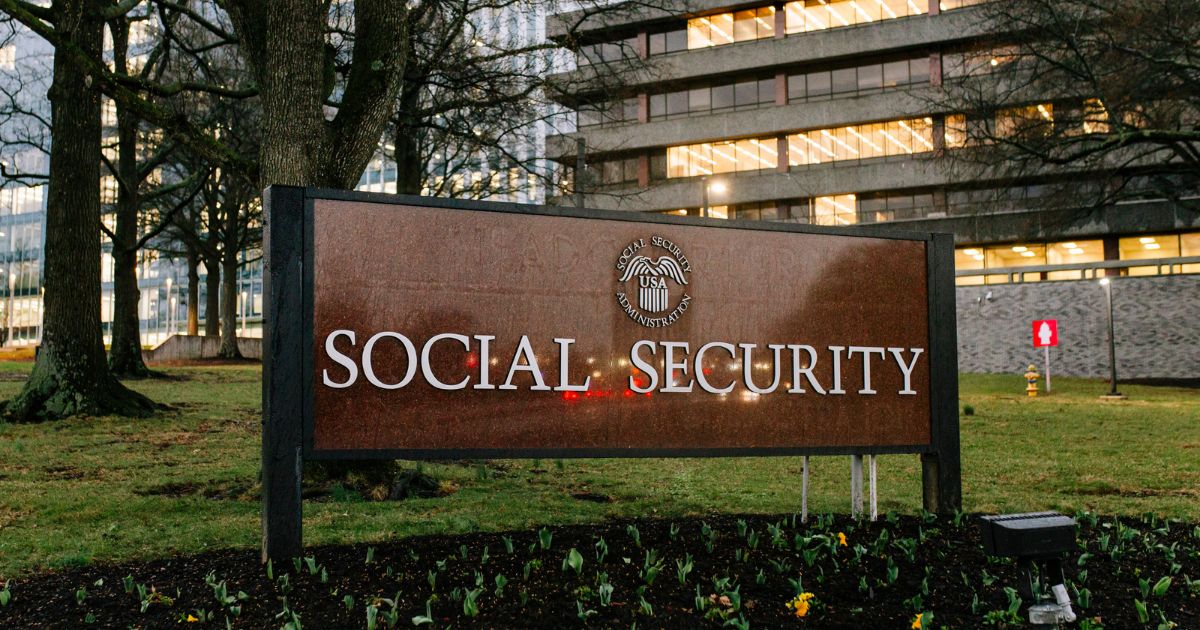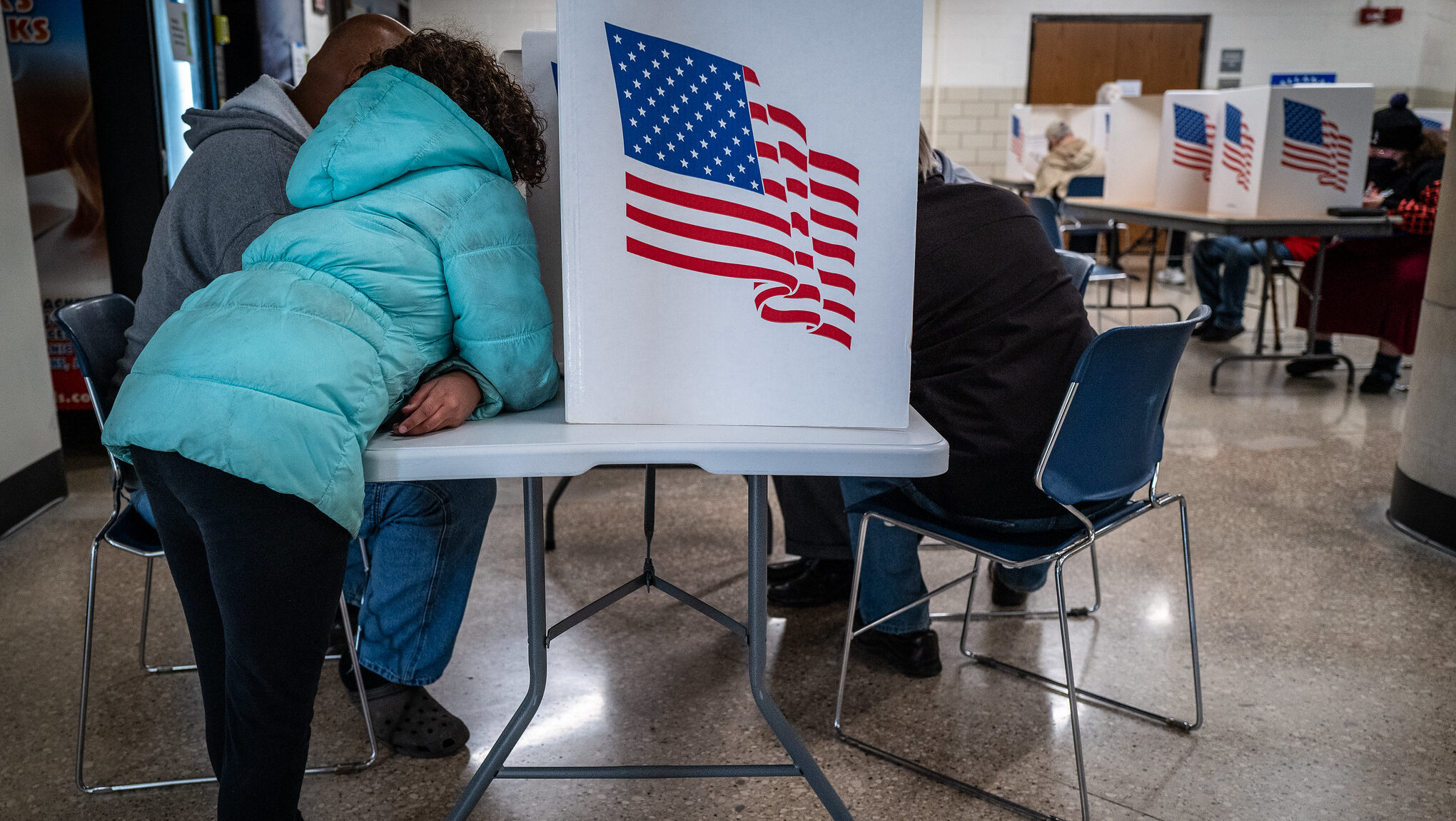Chinese Land Purchases Near U.S. Bases Have National Security Experts Worried
Who Really Owns America? Chinese Land Purchases Near US Bases Raise National Security Concerns
It’s a bird, it’s a plane, it’s a… Chinese spy balloon?
Yes, you read that right.
And if that’s not enough to make you raise an eyebrow, a Chinese corporation with government ties recently bought land near a sensitive US military base.
The US has long been aware of China’s increasing share of American land, but it’s only recently that the issue has come to the forefront. Experts warn that this poses a serious national security threat.
Who Really Owns America? Shortcomings in Chinese Foreign Ownership Data
While China currently owns less than 1% of American agricultural land, its investment in agricultural holdings has skyrocketed in recent years. In 2011, Chinese investors owned just over 69,000 acres of American land. By the end of 2021, that number had jumped to over 383,000 acres.
The issue came to a head when a local city council rejected a Chinese government-linked corporation’s plans for a site near a US Air Force base in North Dakota. But despite the growing concern, the federal government has been slow to act.
Senator Marco Rubio has been vocal about the issue, stating that allowing Chinese companies with connections to the party-state to buy strategically important land in the US is a national security threat. He believes that the Chinese Communist Party is the US’s greatest adversary and should be treated as such.
The Impetus
The recent Chinese spy balloon incident has only reinforced efforts by US legislators to ban China from purchasing US farmland. The surveillance airship crossed the US and floated over US military installations before being shot down off the coast of South Carolina in early February.
Both parties agree that something needs to be done to address China’s increasing share of American land. The question is, will the federal government take action before it’s too late?
- Chinese investors owned just over 69,000 acres of American land in 2011
- By the end of 2021, that number had jumped to over 383,000 acres
- Experts warn that this poses a serious national security threat
- US legislators are working to ban China from purchasing US farmland
- The federal government has been slow to act
China’s Brazen Actions Inside the US
The threat of China has been a frequent topic of conversation, with efforts to counter it intensifying. However, even before the recent spy balloon saga, Chinese land purchases near US military bases in Texas and North Dakota had already raised alarm bells.
Chinese nationals, including state-owned companies and individuals linked to Beijing’s government, have been increasing their efforts to acquire US farmland and real estate in recent years, leading to national security concerns. This is especially worrying when the land has been strategically purchased near key US military bases.
In 2016, Chinese real estate tycoon Sun Guangxin spent tens of millions of dollars buying at least 140,000 acres of land in Texas near Del Rio, conveniently close to Laughlin Air Force Base, which trains US military pilots. Sun claimed he planned to build a wind farm, but state and national leaders from Texas sought to shut the project down over security concerns. The tycoon is a former captain in the People’s Liberation Army and has known close links to the Chinese Communist Party.
Similarly, Fufeng Group, a huge agricultural company with significant links to China’s government, purchased 370 acres near Grand Forks Air Force Base in North Dakota for its new wet corn mill. This base is home to sensitive air and space operations.
Despite urging from North Dakota’s Republican senators and other congressional Republicans, the Committee on Foreign Investment in the United States declined to block the project. The US Air Force warned of the significant national security threat, and the Grand Forks City Council voted to end the project in February – only after CFIUS refused to act.
National Security Threat
China’s agricultural investment abroad is rising, and their actions inside the US pose a significant national security threat.
China’s Agricultural Investment Abroad Raises National Security Concerns
China’s agricultural investment abroad is on the rise, and some members of Congress are concerned about the national security implications. The Chinese government’s “One Belt One Road” initiative, designed to expand China’s global economic reach and influence, includes overseas investments in various sectors, including agriculture.
Last year, House Republicans urged the Biden administration to investigate the “national security threat” posed by China’s acquisition of American farmland. The U.S.-China Economic and Security Review Commission also warned that foreign-owned land near military installations may require additional monitoring.
One small city in North Dakota recently rejected a Chinese government-linked agricultural project located near a key U.S. military drone base. Despite urging from North Dakota’s Republican senators and other congressional Republicans, the Committee on Foreign Investment in the United States declined to block the project.
Grand Forks Case Study
The Grand Forks City Council stepped in to reject the project after CFIUS refused to act. Rep. Michael McCaul (R-TX), chairman of the House Foreign Affairs Committee, expressed concern about espionage and other malign activity when the Chinese Communist Party is allowed to purchase land near U.S. military bases. All national security agencies should have a voice and authority to prevent such purchases from slipping through the cracks.
- Chinese agricultural investment abroad is raising national security concerns
- The “One Belt One Road” initiative includes overseas investments in various sectors, including agriculture
- House Republicans urged the Biden administration to investigate the “national security threat” posed by China’s acquisition of American farmland
- The Grand Forks City Council rejected a Chinese government-linked agricultural project located near a key U.S. military drone base
- Rep. Michael McCaul expressed concern about espionage and other malign activity when the Chinese Communist Party is allowed to purchase land near U.S. military bases
The Grand Forks City Council has unanimously decided to put a stop to the Fufeng project. This decision was made due to concerns raised by Senators Rubio, Kevin Cramer, and John Hoeven, who sent a letter to Defense Secretary Lloyd Austin and Treasury Secretary Janet Yellen asking for a review of the Chinese food manufacturer’s recent purchase. The senators were worried that Fufeng’s proximity to the base could lead to Chinese surveillance. Although Governor Doug Burgum initially believed that North Dakota would benefit from the deal, the U.S.-China Economic and Security Review Commission warned that Fufeng has ties to the Chinese government and the Communist Party. Fufeng’s business filings state that the company’s chairman is a member of the CCP’s governing structure. While CFIUS declined to block the sale, the Pentagon raised strong objections, with Air Force Maj. Jeremy Fox stating that Fufeng could pose a costly national security risk.
Chinese-backed wind farm project blocked in North Dakota
A Chinese-backed wind farm project in North Dakota has been blocked due to concerns over national security. The proposed project, which was set to be built near a US Air Force base, was deemed a “significant threat” by the Air Force. Despite the Committee on Foreign Investment in the United States (CIFIUS) concluding that it did not have jurisdiction, the Air Force remained firm in its stance.
The response from the federal government was criticised for being slow and contradictory, with Grand Forks Mayor Brandon Bochenski stating that it was “only viewed as slow and contradictory”. However, the Grand Forks City Council unanimously voted against the project after hearing concerns from the public and other city officials.
Read more from The Washington Examiner
It is important to protect the United States’ strategic advantages, and this decision shows that national security is a top priority. The unanimous vote by the Grand Forks City Council demonstrates the importance of listening to the concerns of the public and taking action to address them.
" Conservative News Daily does not always share or support the views and opinions expressed here; they are just those of the writer."





Now loading...